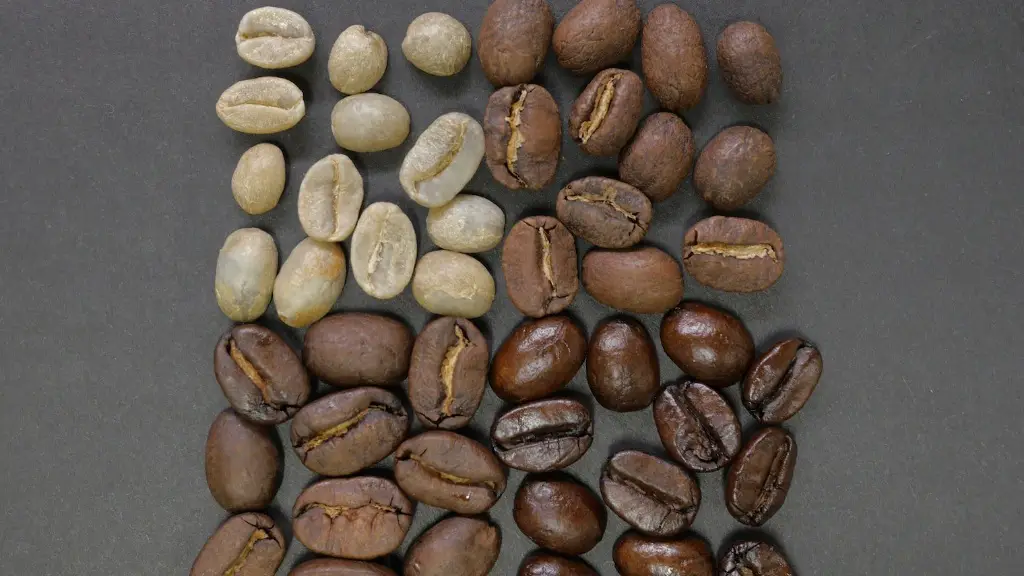What Is Metabolism?
Metabolism is the process in the body which helps break down food into energy that can be used. Different metabolic rates can affect how much energy is produced and ultimately, how much weight is lost. Metabolic rate is the rate at which the body burns calories and energy. For example, a person with a high metabolic rate can burn more calories than a person with a low metabolic rate even if they perform the exact same level of physical activity.
Does Caffeine Affect Metabolism?
Caffeine is known to increase alertness, concentration, and improve mood so it’s no surprise that many individuals have turned to drinking coffee as a way to improve their metabolic rate. Studies have shown that caffeine can temporarily increase energy expenditure by 3-11 Percent and boost fat burning by as much as 29 Percent. However, this increases in energy expenditure was only seen when people consumed a moderate amount of caffeine (200-300 mg), drinking more than this did not result in any further benefits.
Does Drinking Coffee Boost Your Metabolism?
Many people rely on drinking coffee to aid weight loss; however, it is important to remember that drinking coffee alone will not boost metabolism. The only proven way to increased metabolic rate is through regular exercise. Studies have shown that caffeine from coffee does provide a slight boost in metabolic rate when consumed in moderation, but it is important to note that there are no long-term studies about the effect of drinking coffee on metabolism.
Research on Caffeine in Relation to Metabolism
A systematic review of 30 studies investigating the effects of caffeine on energy expenditure found that while caffeine may increase energy expenditure and fat burning, these benefits can only be derived from moderate doses of caffeine. Consumption of higher doses did not result in further metabolic improvement. The researchers concluded that while caffeine in moderate doses did increase energy expenditure temporarily, it is unclear whether the boost would lead to long-term weight loss.
Should You Drink Coffee?
Overall, it is important to remember that drinking coffee cannot replace a healthy diet and regular exercise for weight loss. If you do drink coffee for the potential metabolic boost, it is important to remember to limit your intake to no more than 300 mg per day. Moreover, if you drink coffee excessively, you may experience a decrease in metabolic rate from relying on the caffeine to keep you awake and alert.
Alternatives to Coffee
If you want to increase your metabolic rate without relying on caffeine, there are other ways to do so. For instance, engaging in regular physical activity, such as walking and jogging, has been shown to have a positive impact on metabolic rate. Additionally, a healthy diet full of fruits, vegetables, and lean proteins can help to increase your metabolic rate.
Does Regular Exercise Help to Boost Metabolism?
Regular exercise is one of the most effective ways to boost your metabolic rate and improve your overall health. Studies have shown that increased physical activity can help to increase metabolic rate by as much as 10-15 percent. Additionally, regular exercise can help to build muscle which further increases your metabolic rate. It’s important to remember that any activity, regardless of intensity level, will help to increase your metabolic rate.
Does Strength Training Boost Metabolism?
Strength training is also effective in boosting your metabolic rate. Studies have shown that strength training can increase metabolic rate by as much as 15-20 percent in the short-term. Additionally, strength training can help to build more muscle which further increases your metabolic rate in the long-term. Strength training can be done in the form of weight lifting, calisthenics, or even yoga.
What Are Other Benefits of Increasing Metabolism Rate?
Increasing your metabolic rate can also have positive effects on your overall health. A higher metabolic rate can help to reduce your risk of developing certain diseases such as diabetes, heart disease, and certain cancers. Additionally, an increase in metabolic rate can help to reduce your risk of obesity.
Do Natural Foods Help Boost Metabolism?
Certain natural foods have been shown to have the potential to boost metabolic rate. Certain spices such as cinnamon, ginger and cayenne, have been shown to have a positive effect on metabolism and can help to increase energy expenditure. Additionally, omega-3 fatty acids, found in fish, have been shown to boost metabolic rate as well.
Are There Any Risks Associated With Increasing Metabolism?
Increasing your metabolic rate can be beneficial for health; however, it is important to note that there are potential risks as well. For instance, excessive caffeine consumption can have an adverse effect on health such as headaches, insomnia, and indigestion. Additionally, an excessive increase in metabolic rate can lead to increased levels of stress on the body and potentially cause health problems. It is important to remember to always listen to your body and be mindful of your limits.
Conclusion
Drinking coffee in moderation can provide a slight boost in metabolic rate; however, it is important to remember that drinking coffee alone cannot replace a healthy diet and regular exercise. There are other ways to increase your metabolic rate such as through regular physical activity and eating a healthy diet full of fruits and vegetables. Additionally, certain spices and omega-3 fatty acids can also help to increase your metabolic rate. Remember to always listen to your body and be aware of the potential risks associated with increasing metabolism too quickly.



